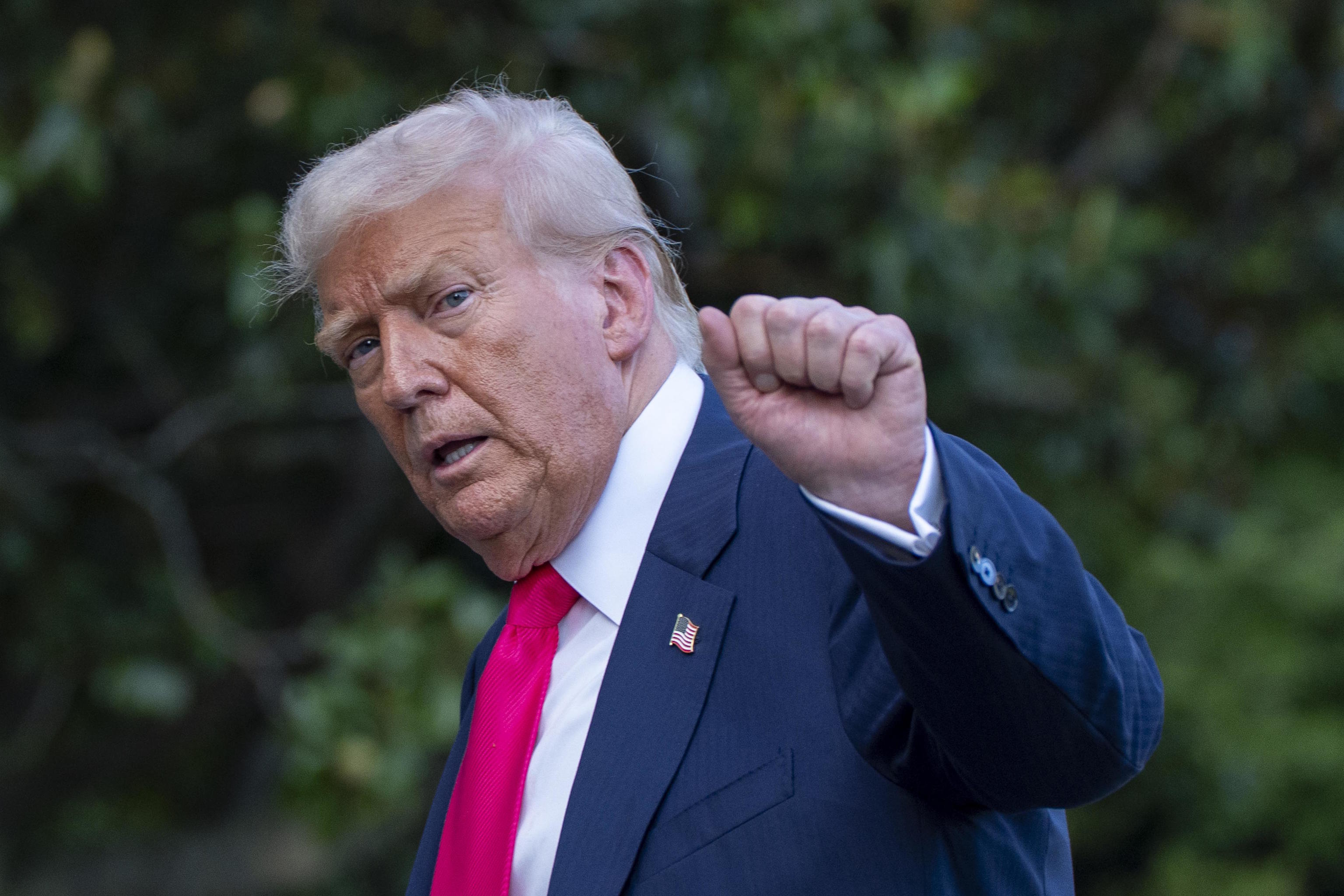On July 4, Independence Day in the US, Donald Trump and Volodimir Zelenski spoke on the phone. The conversation came shortly after a "bad" exchange between the American and Vladimir Putin, an hour "with no progress" that left a lot of frustration in the White House. As usual, Trump explained to the Ukrainian leader the general lines of the conversation, gave his opinion on the Russian attitude, and reiterated that peace is necessary, essential, and above all urgent.
But at one point, Trump asked an unexpected, very surprising question with very important consequences: could Ukraine attack major Russian cities, like St. Petersburg? Kiev has already carried out specific drone attacks, very limited operations, but could do more, a bewildered Zelenski responded, if they had the appropriate weaponry. Over the past three years, Kiev has asked Washington, as well as the main European capitals, for authorization to use the supplied weapons for more than just defensive operations, and the response was always no. Ukraine consistently faced strong resistance from Western powers, fearful that taking the war to Russia would lead to an uncontrollable escalation.
The conversation, suggested over the weekend by The Washington Post, detailed on Tuesday by Financial Times, and later confirmed by the White House, has sparked many reactions. Ukrainians interpreted it as a way to encourage them to escalate attacks on Russian territory, beyond border areas. The US administration says absolutely not, that an 'innocent' question should not be confused with a statement of intentions. But Moscow has taken it as a serious threat.
White House press secretary Karoline Leavitt accused the media of distorting her boss's comments. "President Trump was simply asking a question, not inciting further killings," Leavitt reacted, accusing the FT of "famously taking words out of context to get clicks because their newspaper is in crisis." Trump himself, an hour later, before boarding Air Force 1, evasively commented on the issue, simply saying, "no, Ukraine should not attack Moscow" and "no, we are not thinking of doing that," in reference to whether they are willing to provide long-range missiles to Ukraine as well.
However, analysts believe that this leak suggests a significant shift in Trump's previous stance on war and his campaign promise to end US involvement in foreign conflicts. The president is known for not having a grasp of technical briefings, and also for asking questions or making comments that seem impossible for someone with access to the best information on the planet. But he is also famous for his timing, media language, and how to convey a message.
In his statements, Trump has said he has no intention of sending long-range weapons to Kiev to target Moscow, but the issue is now on the table. Russia has mobilized all its digital resources to provoke a MAGA world reaction against aid to Ukraine, through bots or influencers discreetly subsidized by the Kremlin to sow discord. But the president, tired of the dizziness, of Putin saying one thing and doing the opposite, has decided to raise the stakes slightly. No concrete action, a wide margin for him to make a move, 50 days. But a slightly tougher tone. "After 50 days, if we don't reach an agreement, it will be very bad. There will be tariffs and other sanctions," he explained on Tuesday.
Two sources from the British newspaper, familiar with the conversation between Trump and Zelenski, stated that the US president had not simply made a comment or question without substance, but had raised the possibility of attacking military targets inside Russia if he provided them with weapons capable of doing so. "Volodimir, can you attack Moscow? Can you also attack St. Petersburg?" Trump asked in the call, according to the sources. "Of course. We can if you provide us with the weapons," the Ukrainian replied.
"Trump expressed support for the idea, describing the strategy as an attempt to 'make [the Russians] feel the pain' and force the Kremlin to come to the negotiating table," according to the two people informed about the call who spoke to the FT.
The shift is broader. After the latest NATO summit, the president also seemed to change his mind about Europe. He was very complimentary in The Hague and has been repeatedly since then. On Monday, in the Oval Office, alongside the Alliance's secretary-general, he stated that "having a strong Europe is very positive," something unthinkable in the Trump of the last decade, who has only criticized the Old Continent for not spending on Defense. "Europe has had a lot of spirit for this war," he insisted. An opinion that, as he acknowledged, he did not have until recently.
